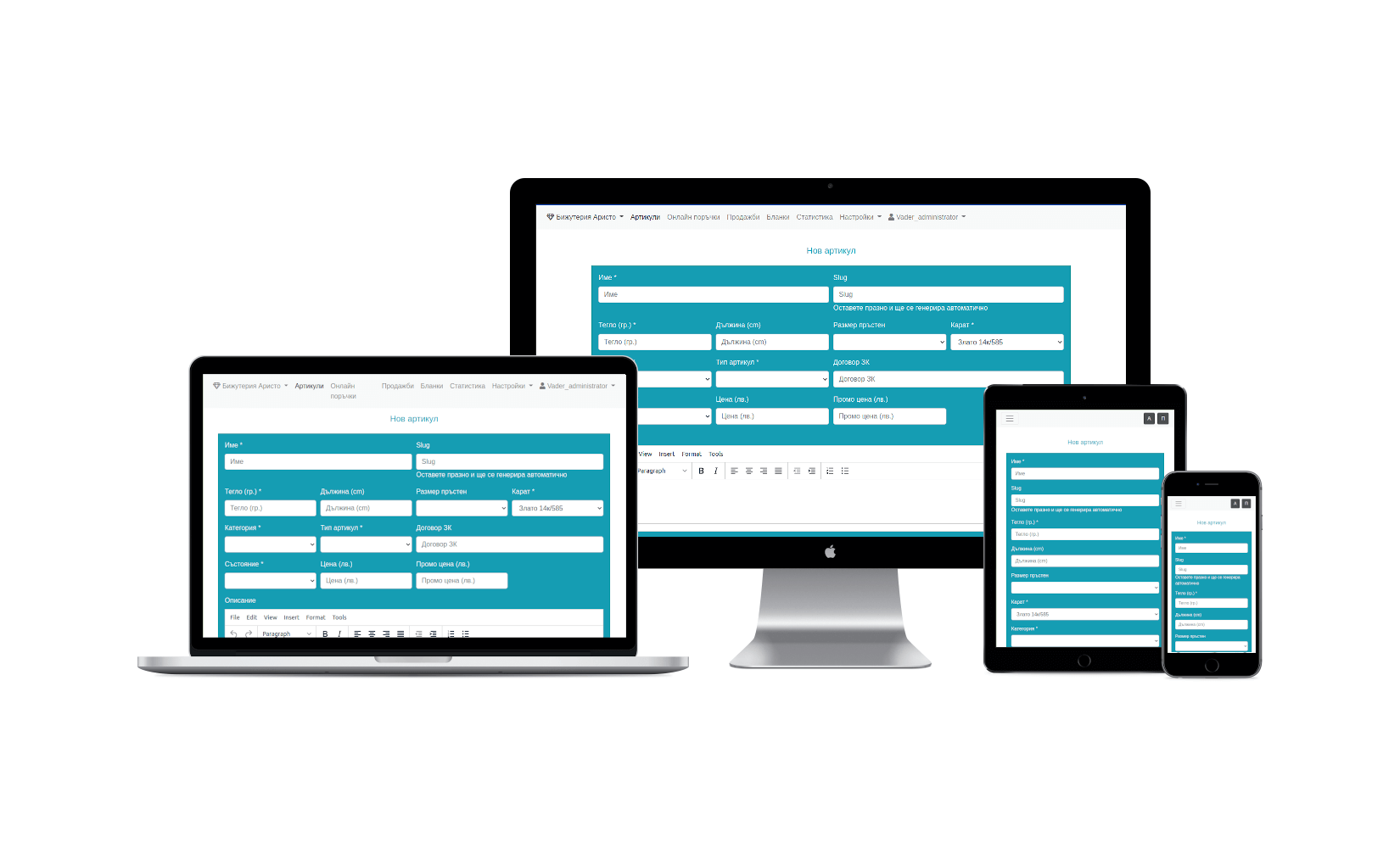Articles

Development of specialized software
Specialized software systems or solutions are finished end products that offer a complete service in a specific area. They typically offer services to groups of users, and users may be geographically distant and from different organizations. Software solutions or systems have two main users: administrators who set the system parameters, distribute rights to users, access levels, virtual groups, objects and characteristics to them, rights to use the services and users - they use the system as its intended purpose is created.
Developing a more complex software system requires embedding a number of specialized algorithms into it. When a certain level of complexity is reached, the system moves to modular construction – it is divided into functional modules that can work independently and construction is done module by module.
The most common need for such systems is seen in businesses in which a high degree of optimization and automation of a number of basic processes can be achieved:
- Document flow
- Process, task, project management
- Finance and accounting
- Resource management
- Inventory and warehouse stock
- Schedules and Teams
- Logistics and geographic locations
- Analysis and predictions
- Billing, payment documents
A process for developing specialized software
The typical phases or stages for developing and implementing a specialized software system of medium complexity (up to 500 users, 10 processes, 500 objects, billing, CRM functions, ERP functions, WMS systems, e-services for all users, etc.) are as follows:
- An initial discussion to clarify the objectives
- High level analysis - phasing, budgets, complexity, dependency, modules, sequence, timelines
- Drafting detailed requirements
- Solution description - way of implementation
- Development in a test environment
- Feedback and fixes
- Tests
- Integration
- Commissioning
- Support

